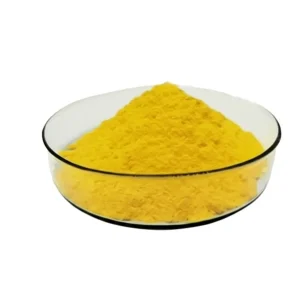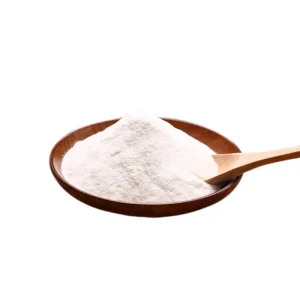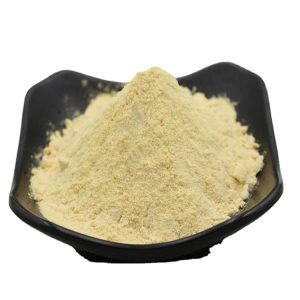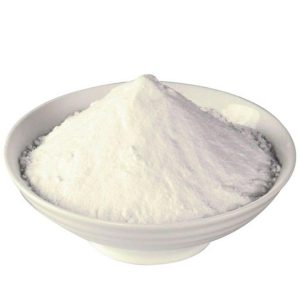Coenzyme Q10, also known as ubiquinone 10, is a fat – soluble quinone compound. Its structure is similar to vitamin K, and it gets its name because the degree of polymerization of the isoprenyl side – chain at the sixth position of its parent nucleus is 10. It is one of the essential elements for human life, with a high concentration in the mitochondria of the heart, liver, and kidneys, and it participates in the oxidative phosphorylation process in mitochondria, playing an important role in the process of converting nutrients into energy in mitochondria.
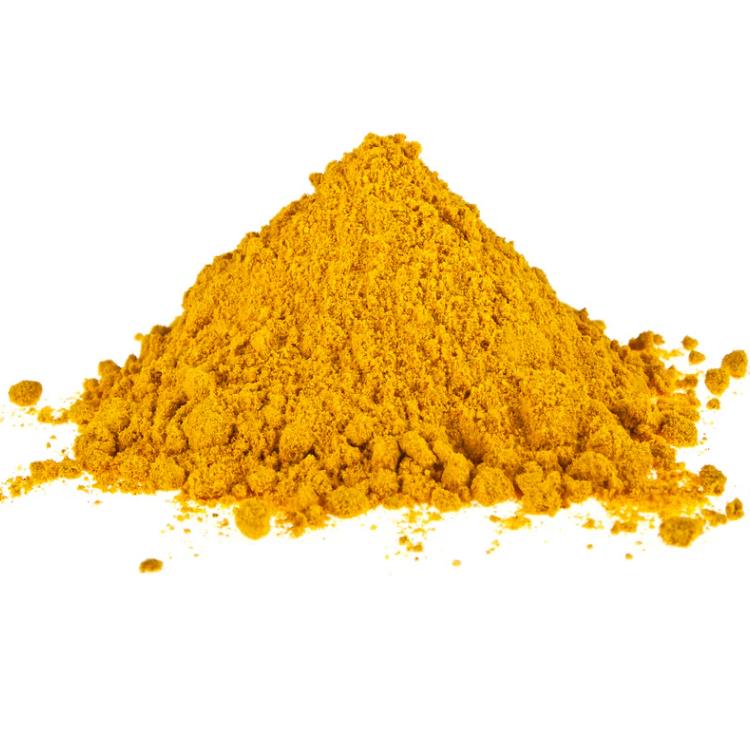
Coenzyme Q10 has the following main effects:
1.Antioxidation: Coenzyme Q10 is a strong antioxidant that can neutralize free radicals, reduce the damage of free radicals to cells, protect cells from oxidative stress, help maintain the normal structure and function of cells, and delay the cell – aging process.
2.Heart protection: Coenzyme Q10 participates in the cell energy metabolism process, which can provide energy for myocardial cells, enhance myocardial contractility, and improve heart function. At the same time, it can also reduce peripheral vascular resistance and relieve the burden on the heart. It has a certain adjuvant therapeutic effect on heart diseases such as coronary heart disease and heart failure, and also helps prevent sudden heart disease.
3.Immune enhancement: Coenzyme Q10 can enhance the function of the immune system and improve the body’s resistance to pathogens. It can promote the proliferation and differentiation of immune cells, enhance the activity and killing ability of immune cells, and help prevent the occurrence of diseases such as colds and infections.
4.Fatigue relief: Coenzyme Q10 participates in the cell respiration and energy – production process, which can improve the efficiency of cell energy production. When the body has sufficient energy supply, it can effectively relieve physical fatigue and keep people in a better mental state, especially suitable for athletes, people who often stay up late, and those with high work pressure.
5.Adjuvant lipid – lowering: Coenzyme Q10 can reduce the levels of cholesterol and triglycerides in the blood, and reduce the risk of atherosclerosis. It can inhibit cholesterol synthesis, promote cholesterol metabolism and excretion, and at the same time, reduce blood viscosity and improve blood circulation.
6.Skin protection: Coenzyme Q10 can increase the concentration of hyaluronic acid in the skin, improve the water content of the skin, enhance the vitality of keratinocytes, reduce cell apoptosis, improve dull skin tone, reduce wrinkles, and maintain the smoothness, elasticity and moisture of the skin, resisting the damage of ultraviolet rays and environmental pollution to the skin.
7.Reproductive function improvement: In the reproductive system, coenzyme Q10 helps improve the vitality and quality of sperm and the development environment of eggs, which is helpful for increasing the probability of conception, especially suitable for people preparing for pregnancy.
8.Anti-inflammation and immune regulation: Coenzyme Q10 has anti – inflammatory properties, which can reduce the inflammatory response and the production and release of inflammatory mediators, helping to relieve the symptoms of inflammatory diseases such as arthritis and asthma, and promoting the recovery of diseases.
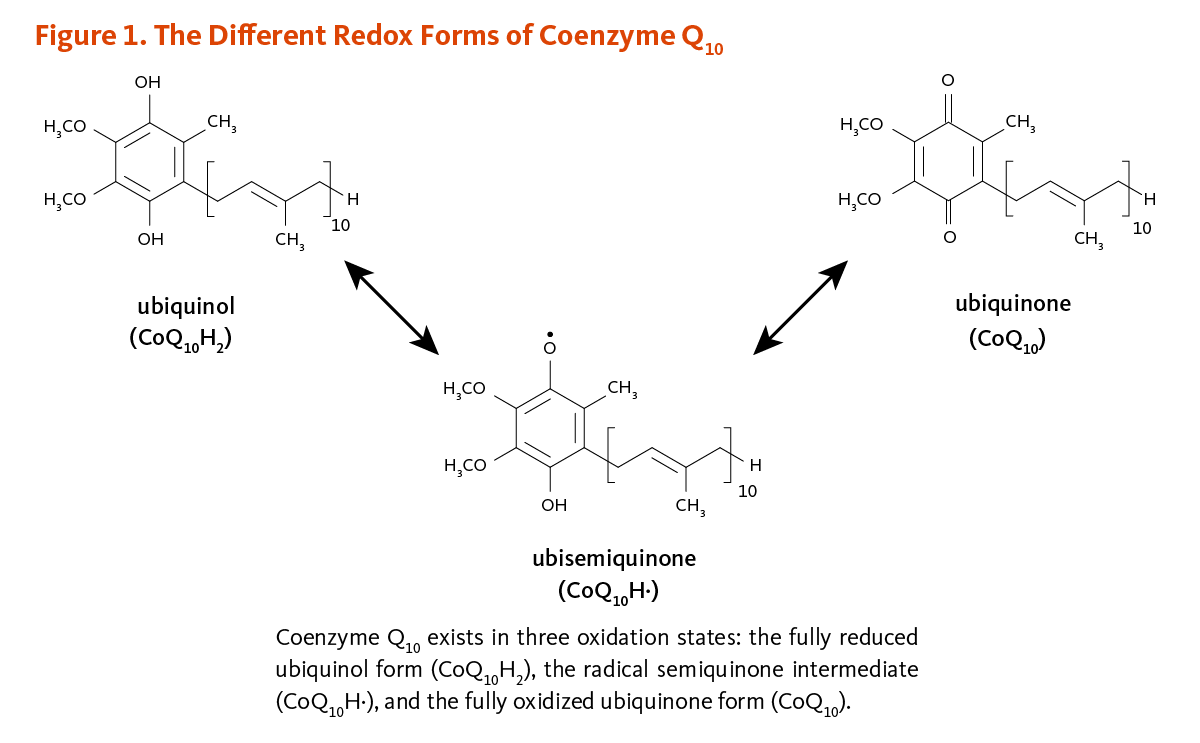
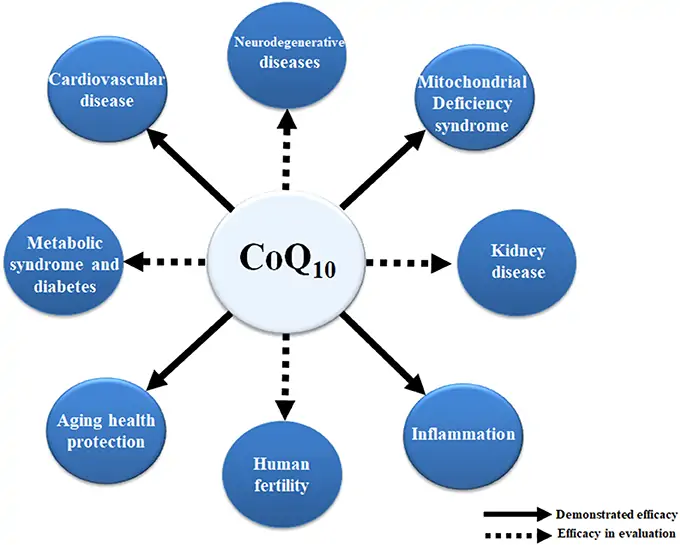
Application Scenarios
-
Dietary Supplements: Capsules, tablets, gummies, oral liquids
-
Functional Foods: Fortified drinks, energy bars
-
Cosmetics: Anti-aging creams and serums with antioxidant benefits
-
Pharmaceutical Raw Material: Research and clinical use in cardiovascular and neurological health

References:
1. https://www.msdmanuals.cn/professional/special-subjects/dietary-supplements/coenzyme-q10-coq10
2. Front. Pharmacol., 14 July 2022 Sec. Drugs Outcomes Research and Policies. Volume 13-2022 | https://doi.org/10.3389/fphar.2022.936233
3. Int J Vitam Nutr Res. 1994;64(4):311-5

